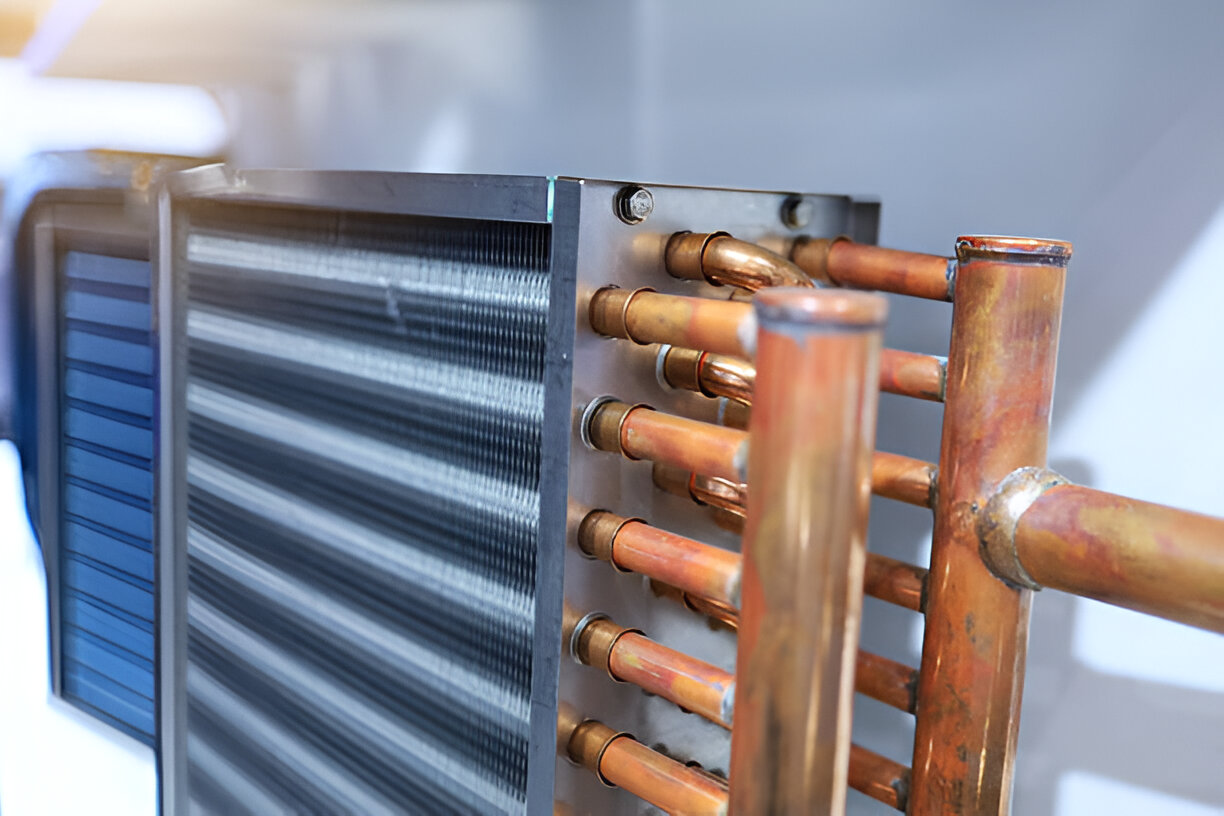
Heating Repair in Quarryville, PA
Keeping your home warm and safe during Quarryville winters depends on reliable heating repair for furnaces, boilers, and heat pumps. Cold snaps, occasional ice and snow, and older housing stock in Lancaster County make timely repairs essential to avoid comfort disruptions and safety hazards like carbon monoxide exposure.
Common heating systems and typical failure modes in Quarryville homes
Quarryville homes use a mix of forced-air furnaces, hydronic boilers, and heat pumps. Each system has characteristic failure modes influenced by local conditions like seasonal temperature swings, older pipe and ductwork, and fuel types (natural gas, propane, or oil).
- Furnaces (gas or electric)
- No ignition or intermittent pilot/light failure
- Short cycling caused by overheating, clogged filters, or faulty limit switches
- Blower motor failure or noisy bearings
- Ignition control or gas valve faults
- Cracked heat exchanger creating safety concerns
- Boilers (hot water or steam)
- Low pressure or water leaks from fittings, valves, or corroded tanks
- Circulator pump or zone valve failure
- Sediment buildup and poor heat transfer in older cast-iron sections
- Expansion tank failure and recurring pressure problems
- Thermostat or aquastat control issues
- Heat pumps (air-source, ducted or ductless)
- Loss of heating capacity during cold snaps or defrost cycle faults
- Refrigerant leaks, low charge, or compressor problems
- Frozen outdoor units caused by poor airflow or defrost sensor failure
- Electrical component failures like capacitors or contactors
How technicians diagnose HVAC problems
A structured diagnostic process helps pinpoint the root cause quickly and avoids unnecessary repairs. Typical steps include:
- Visual inspection - check vents, burner flame, piping, flue, and access panels
- Safety checks - carbon monoxide testing, gas leak detection, venting evaluation
- Electrical evaluation - verify voltage, control signals, capacitors, and fuses
- Fuel and combustion analysis - inspect gas pressure, ignition sequence, and flame characteristics for furnaces and boilers
- Hydronic checks - measure system pressure, pump operation, and look for leaks or trapped air
- Refrigerant and refrigerant circuit checks - gauge pressures, inspect for oil stains and leaks, and test defrost operation on heat pumps
- System performance - record temperature splits, airflow, and cycle times to identify short-cycling or loss of capacity
Technicians document findings, explain safety concerns, and outline repair options with expected timelines so you can make an informed choice.
Parts replacement and repair decisions
Common replacement parts and the reasons for replacing vs repairing:
- Furnaces: ignition modules, flame sensors, gas valves, blower motors, limit switches, heat exchangers
- Boilers: circulator pumps, pressure relief valves, expansion tanks, zone valves, controls, gaskets and sections
- Heat pumps: compressors, reversing valves, contactors, capacitors, thermostatic expansion valves, defrost sensors
Repair is appropriate for single-component failures on otherwise healthy equipment. Replacement is recommended when safety is compromised (for example, a cracked heat exchanger), or when the system is near the end of its expected life and repeated repairs reduce reliability and efficiency. Technicians will explain the trade-offs between OEM and aftermarket parts and outline warranty expectations for replacements.
Emergency response and expected repair timelines
Quarryville homeowners face power outages and rapid temperature drops. Emergency heating repair availability is crucial during freezing weather. Emergency response protocols typically include:
- Rapid assessment of safety risks such as gas leaks or carbon monoxide
- Temporary repairs to restore safe heat delivery where feasible
- Priority ordering of critical parts and follow-up scheduling
Typical timelines you can expect:
- Simple diagnostics and minor repairs: often completed the same day
- Parts replacements requiring stocked components: commonly completed within 24 to 48 hours
- Complex repairs or major component replacements that require ordering special parts: may take several days depending on availabilityTechnicians will usually provide an estimated timeline after diagnosis and explain interim safety measures if immediate repair is not possible.
Technician qualifications and safety standards
Qualified technicians reduce repair time and improve safety. Look for technicians who hold industry-standard certifications and follow best practices:
- NATE certification for HVAC technicians ensures practical competency
- EPA Section 608 certification for handling refrigerants responsibly
- State licensing and continuing education to stay current with code changes and new technologies
- Training in combustion analysis, carbon monoxide testing, and safe gas handling
- Use of calibrated diagnostic tools, manufacturer-approved procedures, and documented safety checks
Technicians should also follow clear communication protocols, explain findings in plain language, and provide written summaries of repairs and parts installed.
Preventive maintenance to reduce emergency repairs
Regular maintenance is the most effective way to prevent mid-winter failures in Quarryville. A seasonal maintenance regimen typically includes:
- Fall furnace and boiler tune-up: burner cleaning, combustion tuning, filter replacement, and control calibration
- Annual boiler water treatment and inspection of fittings to slow corrosion in older systems
- Spring and fall heat pump checks: refrigerant level, defrost cycle, and outdoor coil cleaning
- Regular filter changes and duct inspection to maintain airflow
- Checking and bleeding hydronic systems and exercising zone valves to prevent stuck components
Routine maintenance improves efficiency, extends equipment life, and lowers the likelihood of emergency repairs during cold spells.
Why timely heating repair matters in Quarryville
Timely heating repair protects home safety, prevents secondary damage like frozen pipes, restores comfort quickly, and preserves system efficiency. In Quarryville, where winters can be cold and some homes have older heating systems, early diagnosis and professional repair reduce risk and give predictable performance across the season. Properly documented repairs and maintenance also preserve the value of your heating equipment and help you plan for eventual upgrades when replacement becomes the most practical option.
If your heating system shows persistent symptoms, a professional diagnostic and repair can identify hazards and get your system running reliably before temperatures plunge.


Enjoy flexible financing options that make upgrading or repairing your HVAC system easy and budget-friendly.










